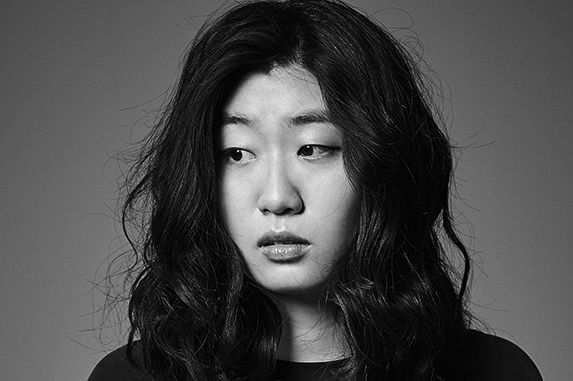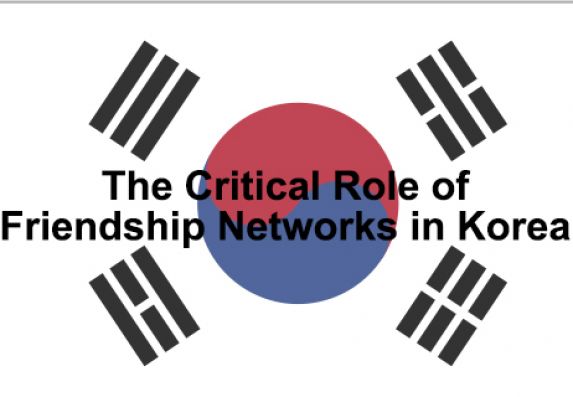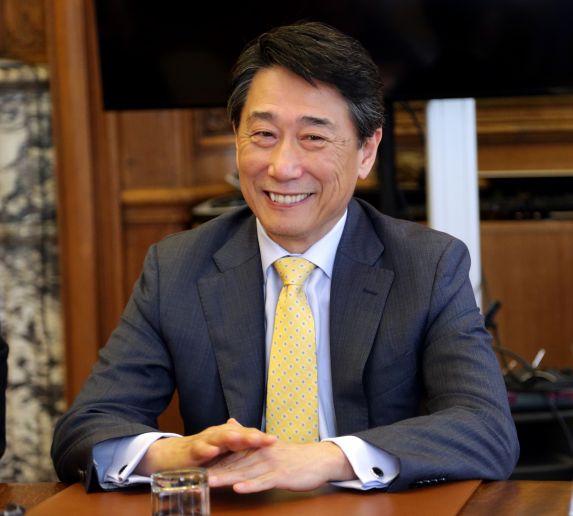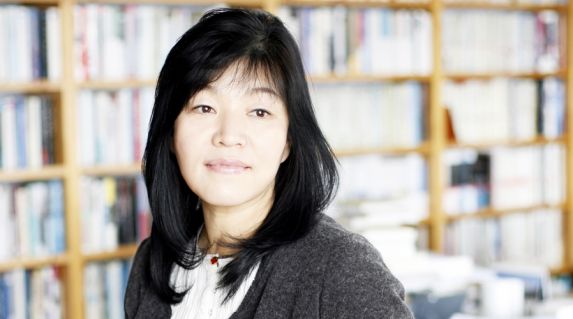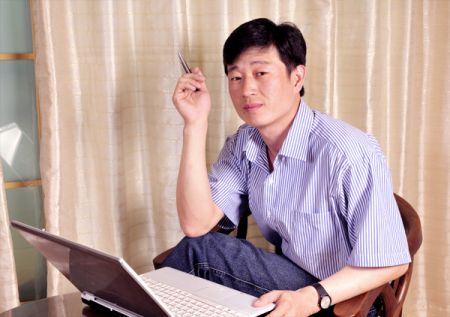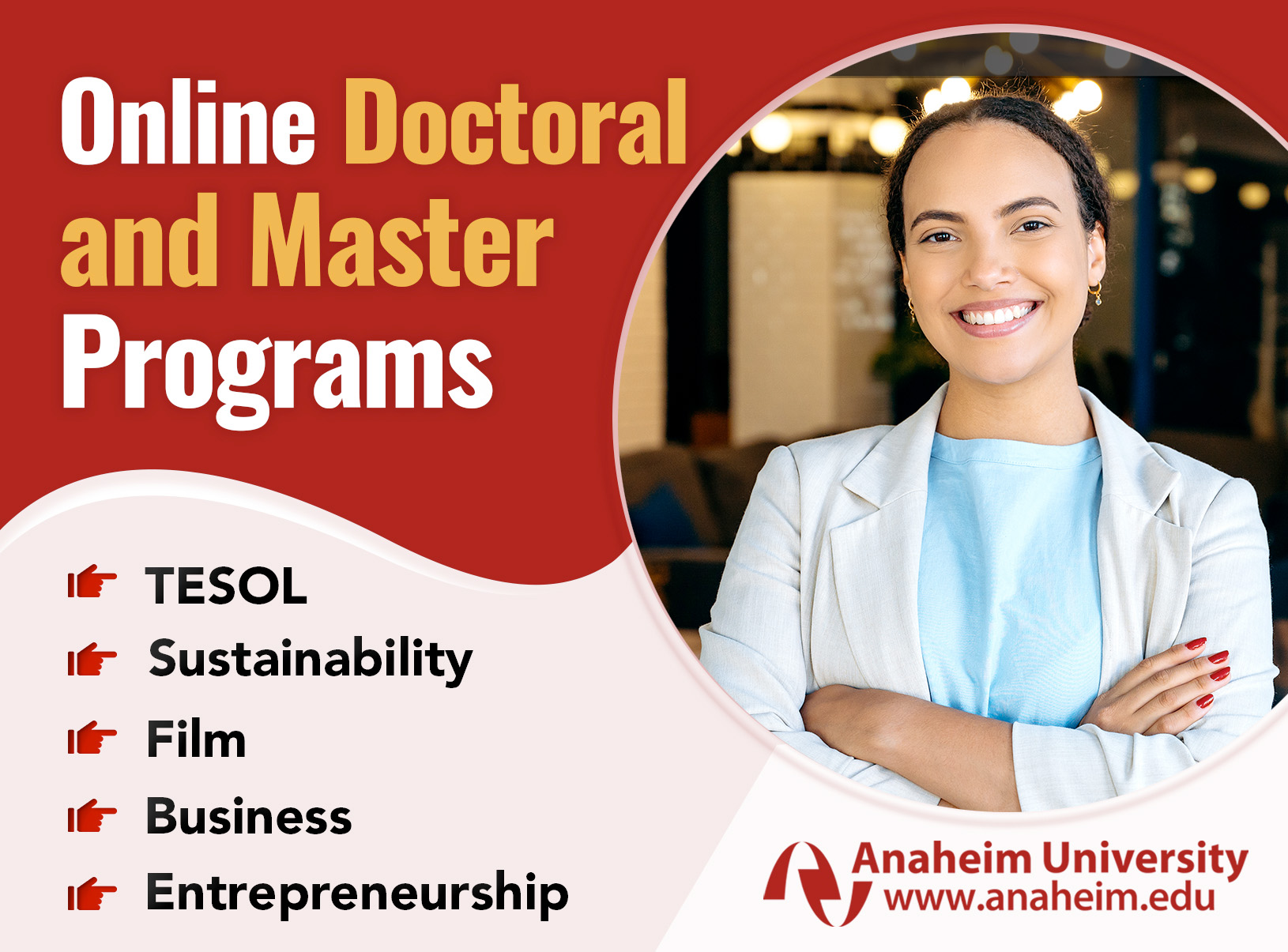Author Chung Serang
Written by Anthony Al-JamieThe Youngest Korean Author to Have Her Novels Translated to Japanese
Serang Chung debuted as a writer in 2010 at the age of 26, with her fictional short story “Dream, Dream, Dream” which was published in the journal “Fantastic” and Naver’s “Today’s Literature.” Just four years later in 2014, she received the Changbi Prize for “As Close as This.” She has written stories of multiple genres including romance, sci-fi and horror. Having a strong interest in Japanese literature herself, her novels have not only been translated into Japanese, but she is also the youngest Korean author to have had her books translated into Japanese. Serang Chung shared some of her insights into the literary world with Seoul Journal's Executive Editor Anthony Al-Jamie.
Friendships are obviously important in all societies for business as well as for social reasons, but few people go as far as Koreans in their need and compulsion to develop and keep a network of chingu (cheen-goo) or friends.
Building a Global Community
Ambassador Oh Joon is the Ambassador and Permanent Representative of the Republic of Korea to the United Nations. His most recent role at the U.N. was President of the Economic and Social Council, which he served from 2015 to 2016.He currently serves as the President of the Conference of States Parties to the Convention on the Rights of Persons with Disabilities. Having begun his career fresh out of university at the Korean Ministry of Foreign Affairs, Ambassador Oh has served as a diplomat both within South Korea and around the world. Working as a senior member of the Korean Foreign Ministry, he has worked at the Republic of Korea Embassy in Brazil and Malaysia, and most recently was Ambassador of the Republic of Korea in Singapore from 2010 to 2013. He has also served many roles in the United Nations, where he represented the Republic of Korea in many U.N. bodies. He has also served as President of the Security Council in 2014. Seoul Journal Executive editor Anthony Al-Jamie talked with Ambassador Joon about diplomacy, his experiences, and challenges that face our world today.
Whether you’re travelling to Korea for business or pleasure, showing your respect for Korean culture and traditions is important. Here are eight super nice things you can do for your friends in Korea to make a really good first impression that’ll last!
Author Kyung-sook Shin
Written by Seoul JournalKyung-sook Shin is a celebrated author in her native South Korea. She made her literary debut in 1985, winning the Munye Joongang New Author Prize for her novella Winter Fable. She recently came to international attention with the translation of her latest book, Please Look After Mom, into a number of languages for distribution in 33 countries. The book is about a mother who disappears and the family’s desperate search to find her. It won the prestigious Man Asian Literary Prize for 2011, the Asian equivalent of the Man Booker Prize. The first Korean and first woman to win the prize, she beat celebrated Asian authors such as Haruki Murakami and Anuradha Roy. TJ’s Hong Kong correspondent David Nunan caught up with Ms. Shin at the recent Hong Kong International Literary Festival where she was a featured speaker.
DN: When did you decide that you wanted to be a writer?
K-s S: My dream to become a writer came very naturally to me. I grew up in the rural countryside, a long way from the city. We raised animals like cows and chickens and then we would kill them and eat them. I had many siblings, many brothers who would bring books home and leave them lying around. I read them and fell in love with literature. Many of the questions I had about life were answered in the books. I loved the characters and felt that I was experiencing the same thing. So my dream to become an author was very natural to me. When I was 16, I went to Seoul to go to high school, and my love of literature got deeper there.
Rethinking the MBA
Written by Seoul JournalRethinking the MBA
As the global financial crisis has subsided, some business schools have added one or two courses on ethics to their MBA programs. The courses are mostly an afterthought. The thinking behind them is: “Our financial institutions have behaved badly, so maybe it would be a good idea to add a touch of ethical instruction to the curriculum.” Nothing could be more revealing of the mindset of our economic thinkers than that business ethics has become a sideshow, an add-on, an extra frill.
The prevailing view of the economy as a giant autonomous mechanism following inexorable laws is a highly abstract, quasi-scientific conception. Like the laws of gravity, there isn’t much room for ethics. But, in fact, this prevailing view conflicts sharply with how we actually experience the economy in our day-to-day encounters.
The Hungarian philosopher Karl Polanyi emphasized the importance of what he called “tacit knowledge,” or non-conscious knowledge that accumulates from our experience with ideas, objects, people or institutions without our being fully aware of it.
QUALITY TIME
Written by Seoul JournalWhat is the most beneficial way to reward your children?
Buy them a new toy? Allow them to stay up later? Let them watch a special TV show?
These may or may not have positive effects, but none of them can compare with the undivided attention of a parent.
Older children may deny that they require attention from their parents; however, it is possible to see the impact extra attention can have. With younger children, the results are often visible straight away. They respond with smiles and can be encouraged to try new things. Eventually you may notice an increase in your child’s self-esteem as they grow older.
Self-esteem is what we build in our children when we give them the attention they require. However, it is important to give children quality attention; just being around your child is not considered quality attention.



